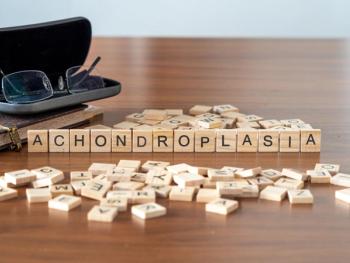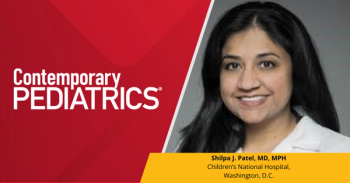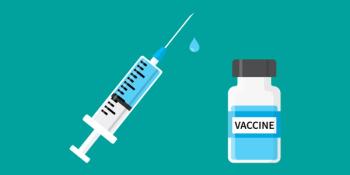
- July 2024
- Volume 40
- Issue 06
Hypoventilation is common in Prader-Willi syndrome
"Obesity and treatment with growth hormone in children with PWS are known risk factors for hypoventilation as well as OSAS."- Jon Matthew Farber, MD
Many children and adolescents with Prader-Willi syndrome (PWS) have hypoventilation. In addition, those who are older and those being treated with growth hormone (GH) are at the highest risk of hypoventilation, according to major findings of a retrospective study conducted in a French hospital.
Investigators collected data from 57 individuals with PWS (38 boys and 19 girls), with a median age of 4.8 years. Of them, 21 had obesity, 19 had moderate-to-severe obstructive sleep apnea syndrome (OSAS), and 20 had hypoventilation. Among those with hypoventilation, 5 were asymptomatic. Investigators divided the participants into 3 age groups:
0 to 4 years (n=25), 4 to 8 years (n = 18), and 8 to 18 years (n = 14). Those in the older age groups were more likely to have undergone GH therapy; have an ear, nose, and throat intervention history, and have symptoms of OSAS. The percentage of children with obesity was highest in the middle group.
All participants had a genetically determined PWS diagnosis and had undergone nocturnal polysomnography (PSG). Conducted according to American Academy of Sleep Medicine recommendations, the PSG measured total sleep time, sleep efficacy, duration and percentage of sleep stages, arousal index (AI), and respiratory arousal index (RAI). Participants’ nocturnal carbon dioxide was monitored to determine hypoventilation.
Participants’ median sleep efficacy was 90%, and their median sleep efficiency was 85%. AI and RAI were low. As for OSAS, 19 participants (33%) had moderate to severe OSAS, and 38 (67%) had no or mild OSAS. These 2 groups did not differ significantly with regard to sex, age, body mass index z score, or GH treatment. Four patients in the moderate-to-severe group did not have any OSAS symptoms. Although 20 patients (35%) had hypoventilation, 5 of these (25%) did not have any clinical signs of sleep-disordered breathing. Patients with hypoventilation were significantly older and more often treated with GH than patients without hypoventilation—64% of the oldest group had hypoventilation.
THOUGHTS FROM DR. FARBER
Obesity and treatment with growth hormone in children with PWS are known risk factors for hypoventilation as well as OSAS. This study reminds us that children with PWS, even ones without those 2 risk factors, should still undergo PSG. If PSG results are positive, treatment (eg, continuous positive airway pressure) may improve their quality of life.
Reference
Chen C, Ioan I, Thieux M, Nicolino M, Franco P, Coutier L. Hypoventilation in patients with Prader-Willi syndrome across the pediatric age. ,2024;59(4):938-948. doi:10.1002/ppul26852
Articles in this issue
over 1 year ago
Obesity in the adolescent and young adult populationsover 1 year ago
Are PUFAs effective for ADHD?over 1 year ago
A 9-year-old boy presents with neck massover 1 year ago
What to expect in the July issue of Contemporary Pediatricsover 1 year ago
Girl, 8 months, presents with red, painful cheeksover 1 year ago
Top tips for water safetyNewsletter
Access practical, evidence-based guidance to support better care for our youngest patients. Join our email list for the latest clinical updates.








